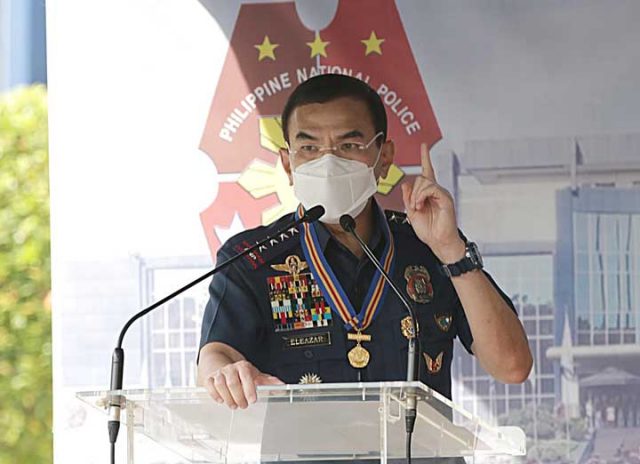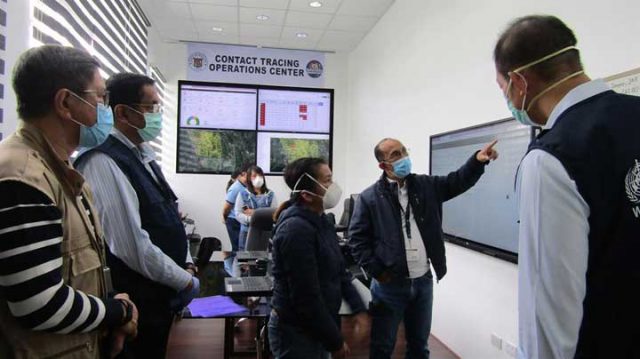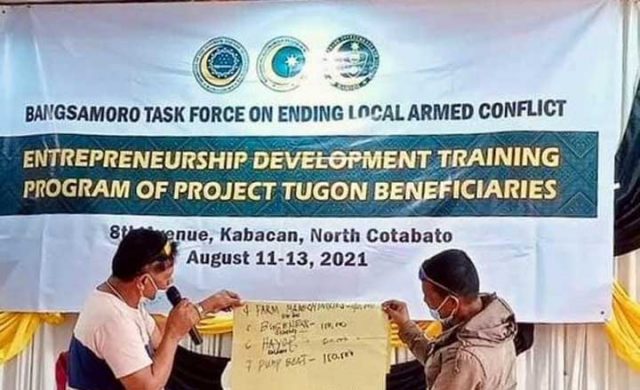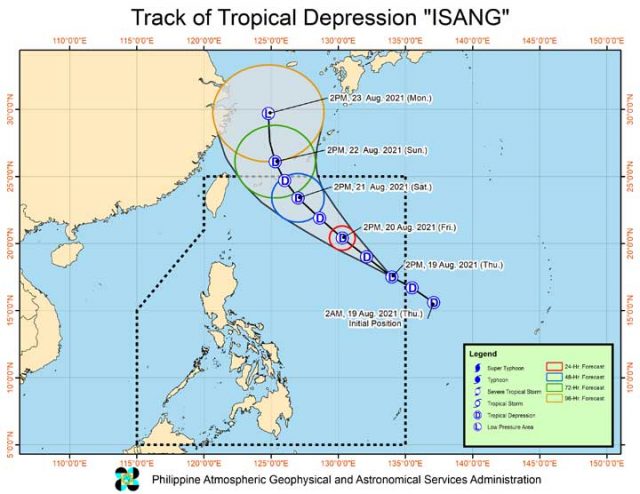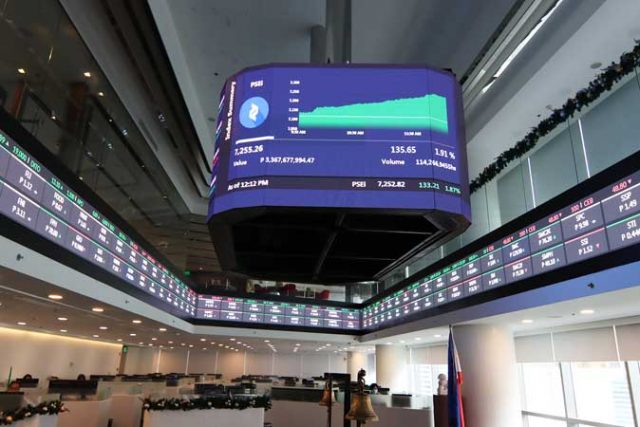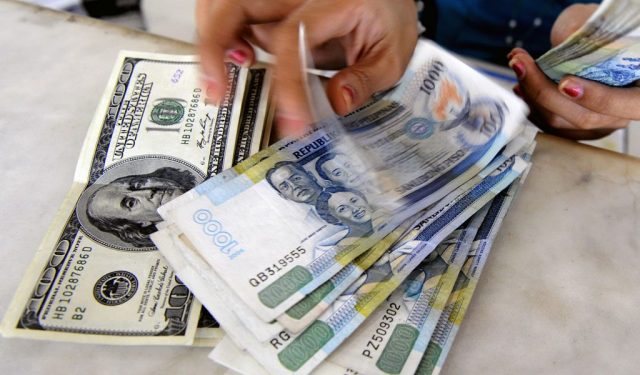DoH transferred P42B to mask ‘inefficiency’
THE DEPARTMENT of Health (DoH) transferred P42 billion to an office of the Budget department to mask its inefficiency and failure to spend the money as part of its coronavirus pandemic response, according to a senator.
The agency failed to spend the money, which accounts for almost a third of its COVID-19 funds, Senator Franklin M. Drilon said during a Senate blue ribbon committee hearing on Wednesday investigating deficiencies in the Health department’s spending.
DoH tried to mask its unobligated fund and inefficiency by transferring P42 billion to the procurement service of the Department of Budget and Management (DBM), he added.
“DoH’s unspent funds are bigger if we were to include the fund that it transferred to DBM,” Mr. Drilon said in Filipino.
Health Undersecretary Ma. Carolina Vidal-Taiño, who heads DOH’s procurement office, said they transferred the P42 billion to the Budget department so it could buy face masks, face shields and other personal protective equipment for medical frontliners last year.
Senator Maria Imelda Josefa “Imee” R. Marcos said there was no need for DoH to ask another agency to buy “very ordinary” items.
She also said DoH had bought expensive face masks worth P27 each and overpriced face shields costing P122 each.
Mr. Duque, who attended Wednesday’s hearing, said he would look into it.
Mr. Drilon said fund transfer had been made without a contract between the two agencies.
Health Director Paul L. Guimbarda, who was in charge of the agency’s procurement team, said there was no need to craft a memo for the purchase of “common use equipment.”
But Commission on Audit Chairman Michael G. Aguinaldo said the transfer of funds from one agency to another should be documented.
Senator Richard J. Gordon, Sr. who heads the blue ribbon committee, blamed Health Secretary Francisco T. Duque III’s alleged lack of skill for mismanagement at the agency.
“Since Secretary Duque is beaten up by all the problems with COVID, he leaves everything to his people,” he told DZBB radio. “What I learned in the government is that if you command other people to do something, you have to follow it up to the bottom,” he said in Filipino.
During the hearing, Ms. Marcos asked health officials whether DoH had to buy back the face masks and shields from DBM. “Wasn’t it the DOH’s P42.4 billion that was used to buy face masks and shields?”
She also noted that DoH claims to be giving these away to local governments, but governors and mayors have said these were being sold to them. Local officials also could not buy the items because these are too expensive, Ms. Marcos said.
“It looks like the delay is caused by him,” Mr. Gordon said of DoH’s failure to give health workers the benefits due them. The Health chief, he added, was “too kind to his people that they fool him.”
Mr. Drilon said DoH might have been trying to hide its underspending during the COVID-19 pandemic. “I am sure they are doing this to get away from the situation they are in,” he said at the hearing.
“To them, the moment they pass it on to PS-DBM, they have already obligated the budget where in fact, the fund slept in these agencies for years,” he said.
President Rodrigo R. Duterte earlier defended Mr. Duque against the Commission on Audit’s findings against the Health department, saying the funds for the government’s pandemic response had not been stolen.
In his late-night public address on Monday night, the President defended DoH from allegations that it had mishandled P67.3 billion in COVID-19 funds.
He said allegations of corruption at the Health department were “pure bullshit.”
Mr. Duterte appealed to state auditors to let government officials finish their tasks before auditing projects to avoid the misconception that deficiencies in the paperwork meant government funds were being misused.
State auditors have flagged various deficiencies in the handling of the funds, which allegedly affected the agency’s response to the pandemic.
Mr. Duterte said he would reject any potential resignation by Mr. Duque, who had been implicated in other corruption scandals.
Political analysts have said the President risks eroding his political capital for refusing to fire his health chief.
Mr. Duterte could be negatively affected if Mr. Duque III fails to clear himself of corruption allegations, they said.
The Senate body will hold another hearing on Aug. 25. — Alyssa Nicole O. Tan



